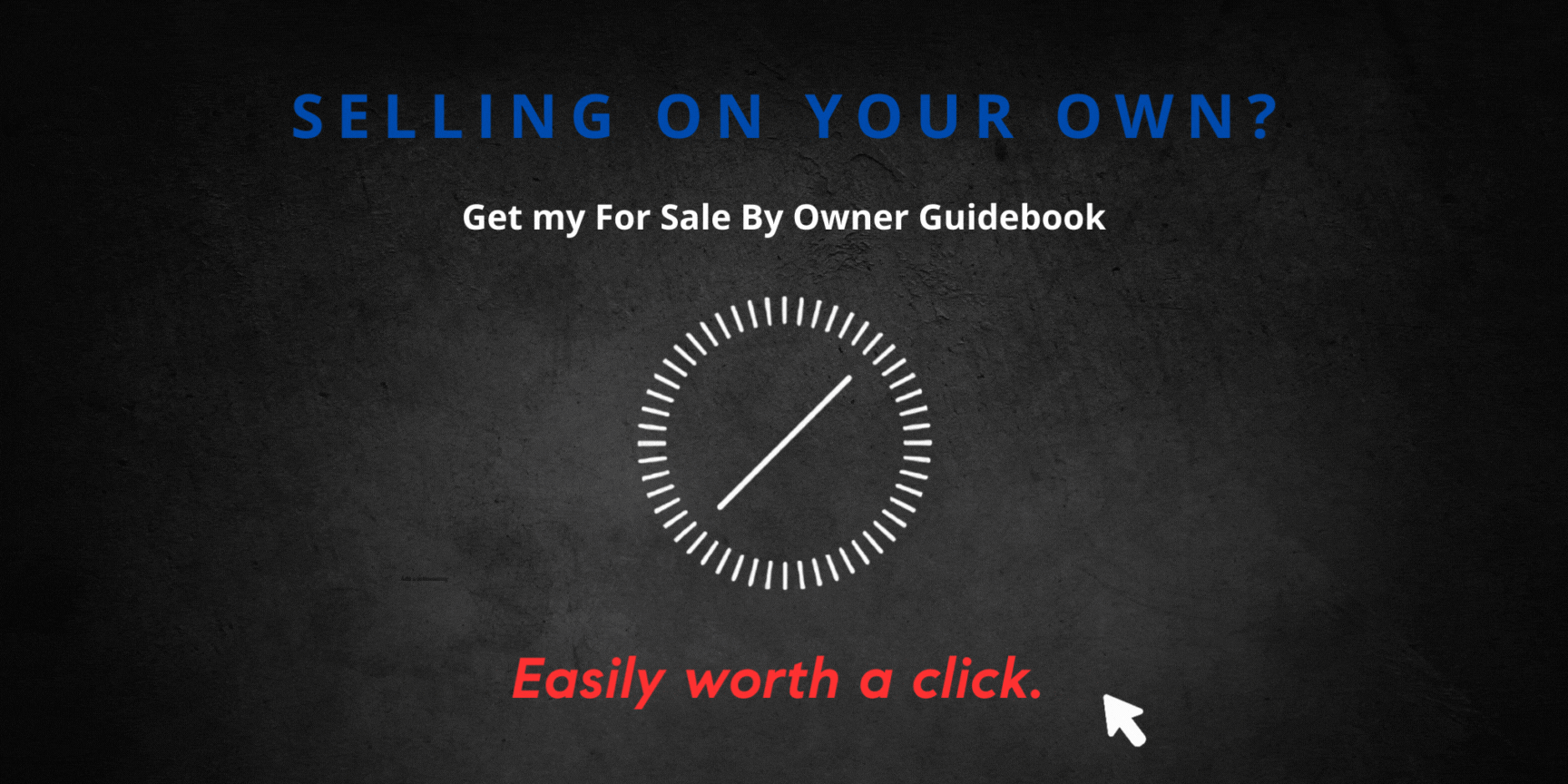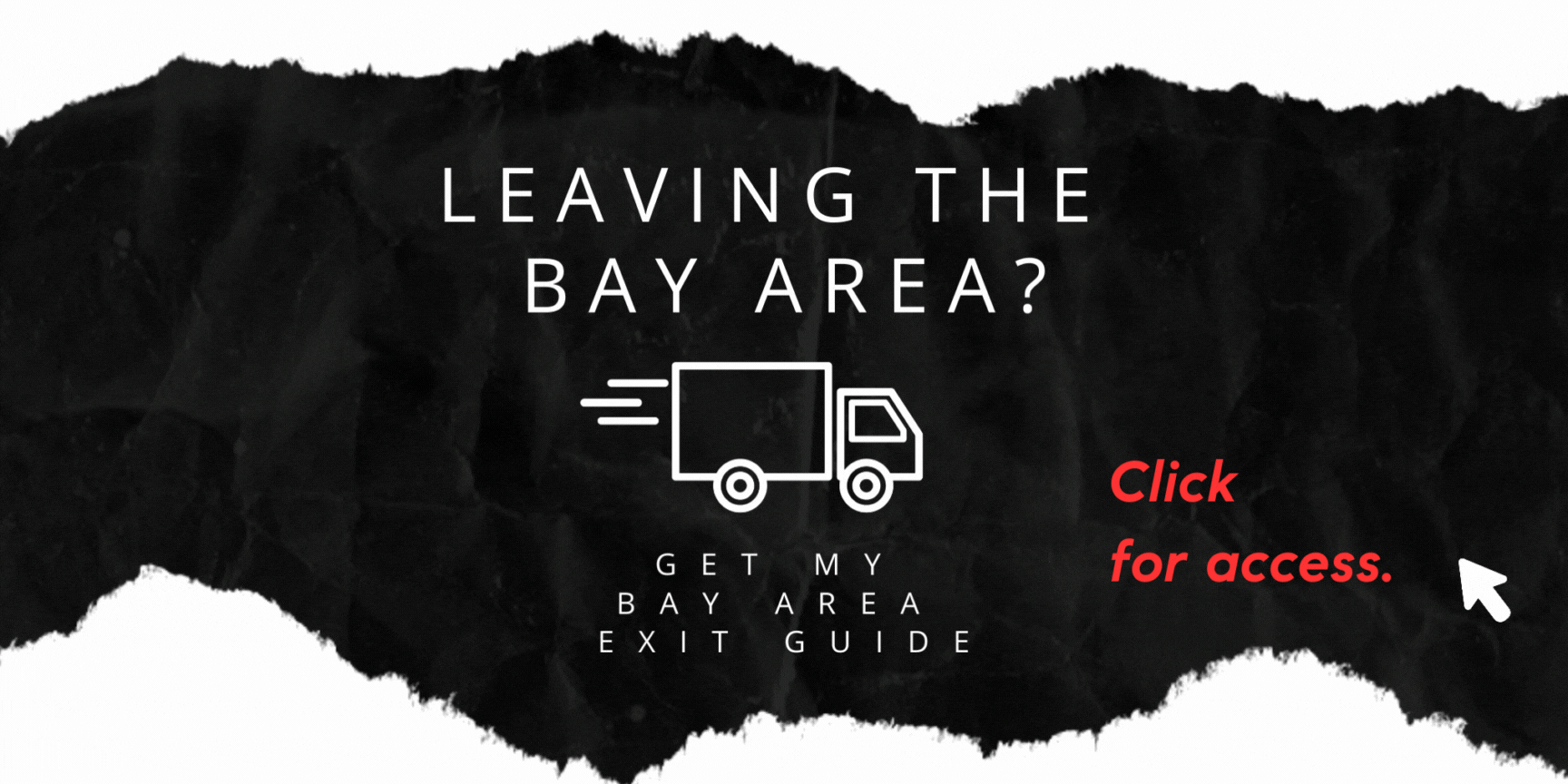One of the major drawbacks to real estate as an investment is that it’s not a liquid asset. You can’t turn a house into a pile of cash with the click of a mouse, and when you do sell, it is generally pretty expensive to do so. So wouldn’t it be great if there were a way to make the buyer pay all the seller’s closing costs? Including about the biggest closing cost of all: the commission?
When you go to sell your home, you’d be well advised to put some money into it before it hits the market, preparing it for sale. You don’t necessarily need to spend a lot of money – just doing the basics like de-cluttering, cleaning, painting, landscaping, and some easy staging will go a long way towards getting the highest price for your home. Now, you could put your home on the market after spending this money, and the possibility exists that it might not sell – but regardless, this is money you’ve spent up-front and will never recover it (unless the home is sold).
Typically though, the cost of preparing your home for sale is considerably less than the closing costs: title fees, escrow fee, transfer tax, and of course, the commission. These costs can easily run 5-7% of the total sale price. Now, wouldn’t it be great if there were a way to make the buyer pay the seller’s closing costs?
It sure would be! Now, I’m going to let you in on another dirty little secret: actually, it’s the buyer that pays the seller’s closing costs.
Whaaa…? Yep, you heard me: the seller pays for none of the seller’s closing costs. Let me explain.
When you go to get your house ready for sale, where does that money come from? It comes straight out of your pocket. You are spending that money. But when it comes to paying your closing costs (including commission), where does that money come from?
It comes straight from the buyer’s pocket.
In any equity sale, all the money to close the deal comes from the buyer – or the buyer’s lender. There is generally no money coming from anywhere else. You, the seller, don’t pay for anything, no cash leaves your bank account. Yes, the debits for commission and other closing costs do show up in the seller expense column. But follow the money and you’ll see the truth in what I’m saying.
This is why I say the proper way to evaluate the sale of any property is not to look at what it will sell for, but rather, how much will you net at the closing table – after you put an additional investment in the home to fix it up, and after the closing costs are paid. At the end of the day, this is usually the only number that matters.
Not convinced? Let’s look at it another way. Let’s say your property is listed for sale at an even $100,000. The buyer makes you a full price offer, but asks you, the seller, to pay $3,000 of the buyer’s closing costs (making it a cost of the seller, rather than the buyer). That means that you, the seller, would receive $3,000 less at the closing table. When this happens, the obvious response to the buyer would be: OK, I’ll pay $3,000 in your closing costs – but the sale price needs to be $103,000 to cover the increase in my closing costs. In my experience, in almost all cases, the buyer will agree to increase the price to pay for their closing cost credit. This is actually quite common, and nicely illustrates the fact that, whether implicitly or explicitly, the buyer pays for the seller’s closing costs.
Or, here’s another example. Let’s say you’re offering to pay the buyer’s agent a 2.5% commission, on a $500,000 sale. That means the buyer’s agent’s portion of the commission is $12,500. An offer comes in, but it includes a cooperating broker’s compensation agreement saying that the buyer’s agent is to be paid 3% – an extra $2,500. You, the seller, have already calculated out your net proceeds, and don’t want to give up $2,500. The answer? Again, counter back the buyer and ask for a purchase price of $502,500 to pay for the increase cost of the buyer’s agent’s commission.

The Buyer can say No Way! to Paying More
In this case, one of two things will happen: either the buyer will tell his agent: “heck no, I’m not paying another dime” and the agent withdraws the increased compensation agreement, or the buyer agrees to pay over asking price to pay for the increased cost of sale.
Looking at it yet another way, take the example of a For Sale By Owner (FSBO). To make it simple, let’s say he’s got a tract home which is identical to the home next door, which just sold on the MLS for $100,000, using a Realtor® that charged a 6% commission. The FSBO seller is also asking $100,000 for his home – it’s identical to the neighboring house, which just sold for $100K, so it’s fair to ask $100K for his home too, right? Not in the eyes of most buyers it isn’t. Buyers are not dumb; they’re going to point out that since there’s no commission involved, they will only want to pay $94,000 for the home. Makes perfect sense, right?
As I hope you can see by now, it’s easy to make the buyer pay the seller’s closing costs – it happens in almost all sales, whether the buyer and seller realize it or not. Looking at it this way puts the seller’s cost of sale into the proper perspective. Not only is your broker’s commission money well spent, it’s really not even spent by you, the seller. How sweet is that?







